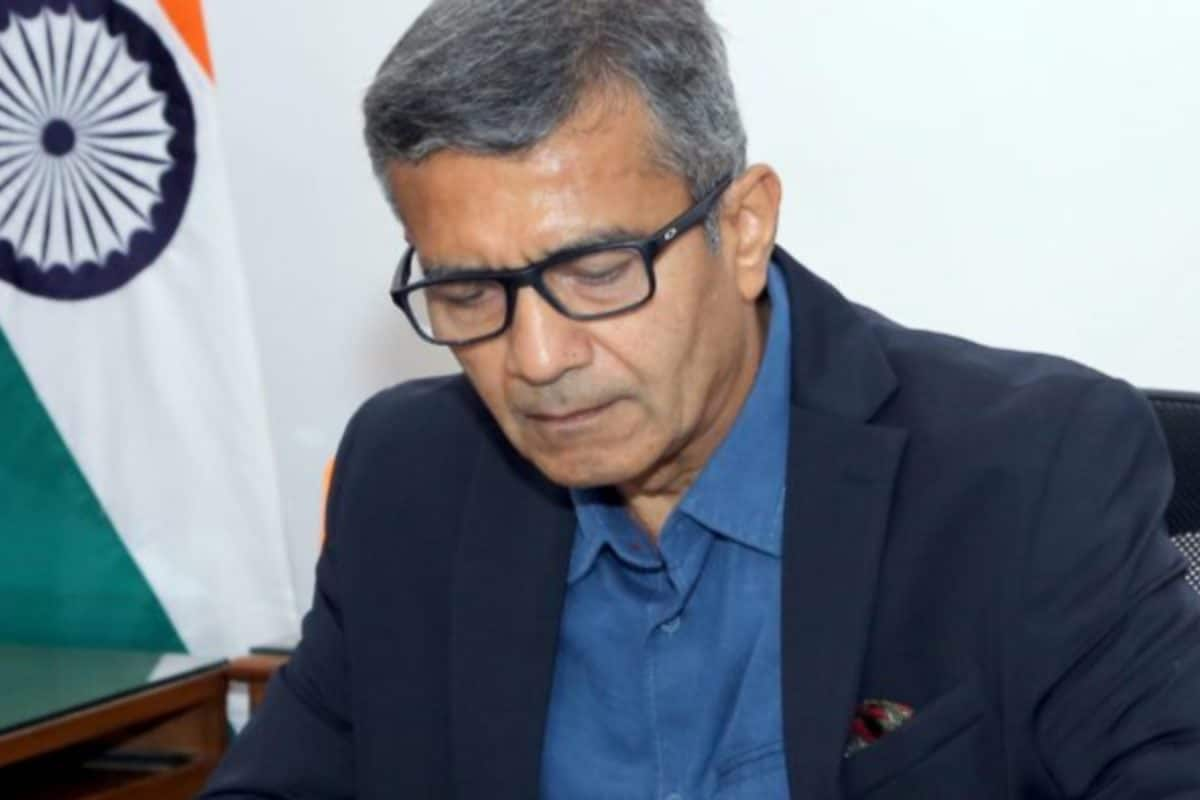

India is aggressively pursuing its ambition to become a global drone superpower, according to recent statements by Defence Secretary Rajesh Kumar Singh. This ambition is being fueled by strategic policy changes, targeted procurement, and a strong emphasis on developing a domestic manufacturing base for drones and drone components. The government aims to bridge existing capability gaps in the defense ecosystem and foster a self-reliant and globally competitive drone industry.
The Defence Secretary highlighted that India is actively working to reduce its reliance on imports and increase domestic production. In the fiscal year 2024-25, 81% of defence contracts, worth ₹2.09 lakh crore, were awarded to domestic suppliers, demonstrating a clear commitment to indigenization. This shift is further supported by initiatives like the Make-II and IDDM (Indigenously Designed, Developed, and Manufactured) programs, which aim to lower barriers for technology investment and innovation, particularly for private sector involvement.
While India has made significant strides, capability gaps, especially in military-grade drone technology, remain a key concern. The Defence Secretary acknowledged that many existing drone manufacturers in India are not yet producing equipment that meets military standards. To address this, the government has empowered the armed forces with emergency procurement powers to meet immediate operational needs. Over the next two years, the focus will be on targeted procurement to fill these critical gaps and strengthen the country's drone capabilities. The government also assures a level playing field for private players in the sector through transparent tendering processes.
India's drone industry is experiencing rapid growth, driven by increasing applications across various sectors. Drones are being utilized in agriculture for crop monitoring, precision spraying, and yield improvement. In construction and infrastructure, they are used for land assessments, project monitoring, and volumetric analysis. The logistics sector is also seeing increased drone adoption for transportation and delivery services. Moreover, drones are playing a crucial role in surveillance, reconnaissance, and border security, enhancing India's defense capabilities.
The Indian drone market is projected to reach over $13 billion by 2030, with a 21% CAGR from 2022. This growth is supported by government policies, technological advancements, and increasing adoption across various industries. The government has implemented drone rules to simplify operations and reduce barriers for manufacturers and operators. Initiatives like "Atmanirbhar Bharat" (Self-Reliant India) and the Production-Linked Incentive (PLI) scheme offer financial support and incentives to boost domestic drone manufacturing.
Several factors are propelling the growth of the drone tech ecosystem in India. Companies are not only creating "Make in India" drone products but are also raising awareness and promoting STEM education to nurture expertise in this emerging field. Technological advancements in battery life, sensor capabilities, AI-driven analytics, and payload versatility have expanded drone applications, making them more adaptable and efficient across various sectors.
To further promote drone technology, the government is also focusing on easing regulations and promoting indigenous manufacturing. Research and development of drones have been liberalized, with no compliance burden for R&D units and prototypes. The fees associated with drone usage have been standardized at a nominal rate, irrespective of drone size or weight. The "Digital Sky Platform" has been created as a single platform for permissions, registration, and transfer of drones, streamlining the process for operators.
India's ambition to become a drone superpower is rooted in strategic reforms, focused procurement, and an emphasis on domestic manufacturing. With a significant reduction in import dependency and a growing role for the private industry, the country is actively bridging long-standing capability gaps. As policy stability and indigenous innovation continue to evolve, India's defense ecosystem is steadily positioning itself as a self-reliant and globally competitive force in drone technology.